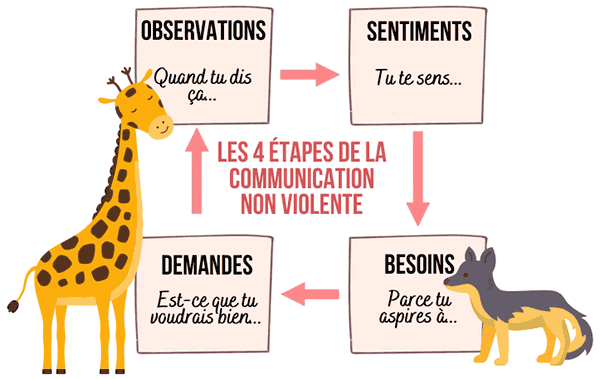Thanks to a computer-brain interface, researchers have succeeded in communicating with patients who are totally paralyzed and unable to speak, according to the results of a study published in the medical journal PLOS Biology. A breakthrough that will help free these patients locked in their bodies.
Scientists at the Wyss Center in Geneva, Switzerland conducted a communication experiment with four patients affected by Charcot’s disease Where amyotrophic lateral sclerosisa neurodegenerative disease that prevents them from making the slightest movement and who live in a state called “complete locked-in-syndrome”.
To communicate with patients, the researchers set up a brain-computer interface and used near-infrared spectroscopy combined with electroencephalography (EEG) to measure blood oxygenation and electrical activity in the brain. “Near-infrared spectroscopy is, so far, the only successful approach to restoring communication with patients suffering from full locked-in-syndrome,” Prof. Birbaumer said.
Patients reported being happy
The researchers asked personal questions for which they knew the known answers and open-ended questions, such as “your husband’s name is Joachim? And “Are you happy?”. During the experiment, all four respondents answered yes to this delicate question.
“These results are striking and change my own theory that people with this syndrome are not able to communicate. We found that the four patients we tested could answer the personal questions we asked them. If we could replicating this study in more patients, we could restore useful communication for people with neurodegenerative diseases,” concludes Professor Birbaumer.
Multiple sclerosis: a promising drug against both forms of the disease
Experts read the thoughts of totally paralyzed patients in world first https://t.co/Rsfet9p9WY
— Wyss Center (@Wysscenter) February 1, 2017
Read also:
Charcot’s disease: the software used by Stephan Hawkins available in open source
High-sugar diet may slow Charcot’s disease
Paralyzed people manage to control a computer by thought















